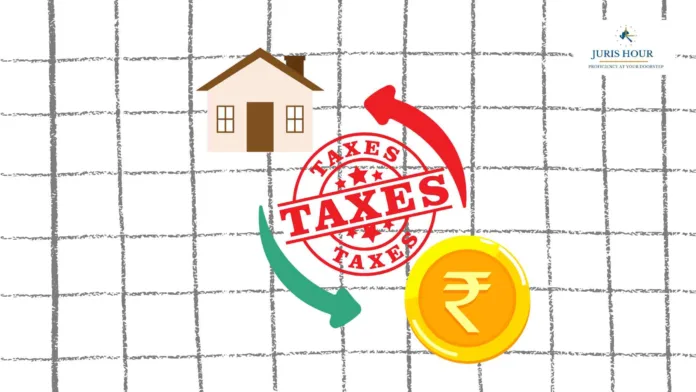As the deadline for filing Income Tax Returns (ITR) for Financial Year 2024–25 inches closer, taxpayers looking to offset long-term capital gains (LTCG) from the sale of residential property are exploring various tax-saving strategies. A frequently asked question this season is whether one can invest in two residential houses and still claim exemption under Section 54 of the Income-tax Act, 1961.
The answer lies in a key amendment introduced by the Finance Act of 2019, which provides a one-time opportunity to claim such a benefit—subject to specific conditions.
What Does Section 54 of The Income Tax Act Say?
Section 54 offers exemption from LTCG tax arising on the sale of a long-term residential property, provided the gains are reinvested into another residential property in India within a prescribed timeline.
The core eligibility conditions include:
- The capital asset sold must be a residential house held for more than 24 months.
- The taxpayer must reinvest the capital gains (not the full sale proceeds) into:
- Purchase of a new residential house within 1 year before or 2 years after the date of transfer, or
- Construction of a house within 3 years from the date of transfer.
- The new house must be located within India.
- The exemption is applicable only to individuals and Hindu Undivided Families (HUFs).
The 2019 Amendment: Two Homes, One-Time Exemption
In a move to reflect the evolving housing needs of taxpayers, the Finance Act, 2019 introduced a beneficial amendment to Section 54, applicable from Assessment Year 2020–21 onwards.
Key Features of the Amendment:
- If capital gains do not exceed ₹2 crore, the taxpayer can claim exemption by investing in two residential houses in India.
- This option can be exercised only once in a lifetime by the taxpayer.
- Once used, all future claims under Section 54 must revert to the original position—investment in only one residential property.
This change aims to offer flexibility for taxpayers who may be relocating to different cities or accommodating joint family setups.
Example: How the Two-House Rule Works
Consider a scenario where a taxpayer sells a residential property in FY 2024–25 and earns LTCG of ₹1.9 crore. Instead of buying one high-value house, they choose to purchase two separate homes—say, one in Bengaluru and another in Coimbatore. As long as:
- Both homes are purchased within the stipulated timeframe,
- They are located in India,
- And this is the first and only time the taxpayer is availing of the dual-house exemption,
Then the entire ₹1.9 crore of capital gain can be exempt under Section 54.
However, if in a future year the same taxpayer earns capital gains from another sale, they cannot again invest in two properties. They will be limited to just one for exemption under Section 54.
Important Compliance Measures
To ensure smooth claiming of the exemption:
- If the capital gain is not utilized before the ITR filing deadline (usually July 31 of the assessment year), the unutilized amount must be deposited in a Capital Gains Account Scheme (CGAS) before filing the return.
- Maintain thorough documentation—registered sale and purchase deeds, payment proofs, construction contracts, etc.
- Ensure that both houses are residential and not used for commercial purposes.
Read More: The Harsh Reality Of Junior Advocates in India: Fees, Long Working Hours

